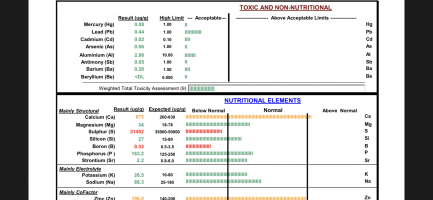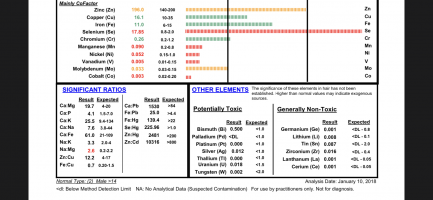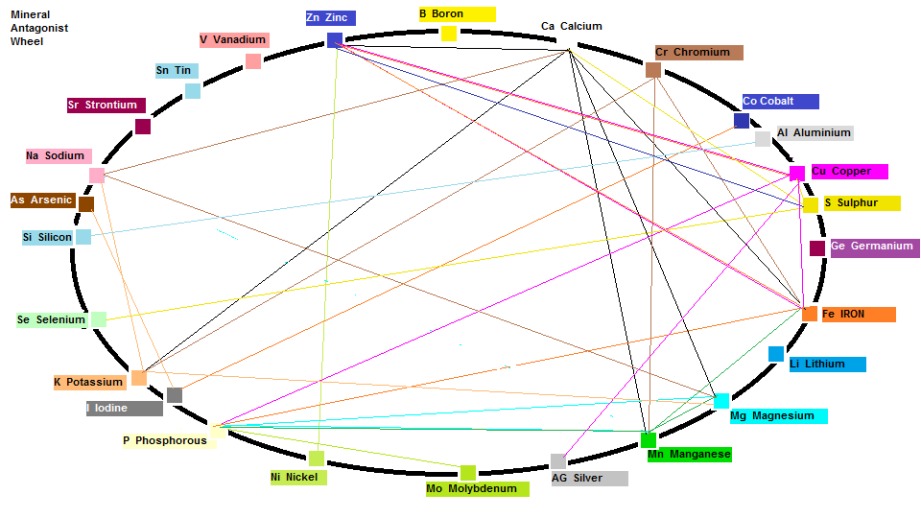Would be great if you could help me!
first of all my symptoms:
histamine into which leads to seborrhoic eczema, dermatitis , hair loss.
-running thoughts/ bad concentration
-chronic tight neck/ shoulders / back for 20 years
-myopic
Blood tests always showed pretty low zinc copper and ceruloplasmin.
if somebody could give me advices on diets, supplements etc would be awesome!
first of all my symptoms:
histamine into which leads to seborrhoic eczema, dermatitis , hair loss.
-running thoughts/ bad concentration
-chronic tight neck/ shoulders / back for 20 years
-myopic
Blood tests always showed pretty low zinc copper and ceruloplasmin.
if somebody could give me advices on diets, supplements etc would be awesome!




